
South Australian Ban On Conversion Therapy To Be Shaped By Survivors
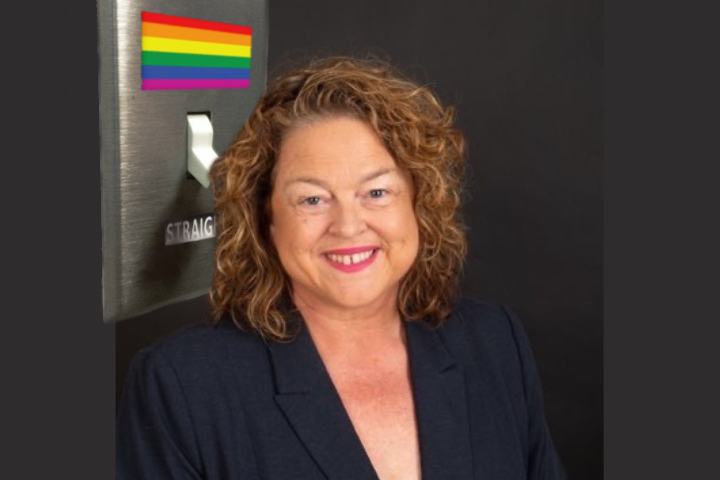
Following Queensland’s banning of conversion therapy last week, Star Observer spoke to South Australia’s Shadow Human Services Minister, Nat Cook, about her draft bill to ban conversion therapy in South Australia and what can be learnt from Queensland’s legislation.
Last month, Adelaide media outlet InDaily reported that under new legislation being proposed by Nat Cook, South Australian Police and the Health Complaints Commissioner would enforce a ban on conversion therapy through changes made to the Criminal Law Consolidation Act and the Health and Community Services Act. In an interview with Star Observer on Monday, Ms Cook clarified that this is only one possible avenue for banning conversion therapy in the state and said that it is still too early to discuss the specifics of her proposed bill.
“We’re currently at a stage where we are putting together a lot of information that has come to us and are looking at our options in relation to the legislation,” Ms Cook said. “We are now looking at how we can balance and best meet the needs of the community who brought [this] issue to us in the first place.”
A key criticism that emerged from the Health Legislation Amendment Bill in Queensland is that the legislation doesn’t go far enough to protect LGBTQI people from conversion practices because it only applies to registered health practitioners. Chris Csabs of SOGICE Survivors, a conversion survivors group, told Star Observer that, “the concern is that a vast majority of survivors have gone through conversion practices in a religious of informal setting” and that the Queensland legislation “is not going to be protective enough and is not actually enough to stop the harm that is occurring.”
In drafting her bill, Nat Cook is closely watching how Queensland and other jurisdictions are approaching their anti-conversion therapy legislation and is taking into consideration the feedback received about the Queensland bill. “The challenge we are facing at the moment is to make sure we get the wording right in the legislation so that it does actually cover all forms of the practice that’s going on,” says Ms Cook. “I’ve seen the journey that the Queensland legislation has been on and I’ve read some of the feedback from different groups, so that will all be taken into account while we’re drafting.”
The experiences of conversion therapy survivors are also expected to play an integral part in the drafting of Nat Cook’s bill. Over the past few years, the South Australian parliament has hosted forums for conversion therapy survivors that have enabled MPs to hear about the impact of conversion practices. Together with consultations with representative groups in other states, the testimonies and feedback from survivors will be used to shape Ms Cook’s bill and the survivors and representative groups will continue to be consulted throughout the drafting process to ensure that the bill “hits the right mark” before it’s tabled in parliament.
“Some of the things we are looking at is making sure that the vulnerability of the people who are being targeted for exposure to conversion practices is acknowledged and well-defined,” says Cook. “There’s a whole range of different people with different experiences [so] it makes it quite a challenging piece of legislation.”
The challenge with this bill comes with the number of variables that need to be considered when looking at what form the legislation will take, how it will be enforced and what punishments will apply. “People who can give consent versus those who are unable to give consent needs to be taken into account, the environment and the way that these practices are undertaken needs to be looked at, and [how this legislation may compliment or overlap] other pieces of legislation that are already in place [and which] authorities could be involved in the investigation and oversight of this legislation” all need to be considered during the bill’s drafting process, says Ms Cook.
It’s still too early to say when Nat Cook’s bill will be tabled in the South Australian parliament, but she is hopeful that it will be by the end of this year. Unlike the Queensland legislation which only narrowly passed by 47 votes to 41, there are early positive signs that Ms Cook’s bill will receive widespread support amongst South Australian MPs when it is tabled in parliament. “The early conversations I’ve had have been really positive, constructive and encouraging,” Cook says. It’s understood that the state’s Attorney-General has already started seeking advice as to how a conversion therapy ban could be implemented in South Australia, while the Greens have given in-principle support to the bill.
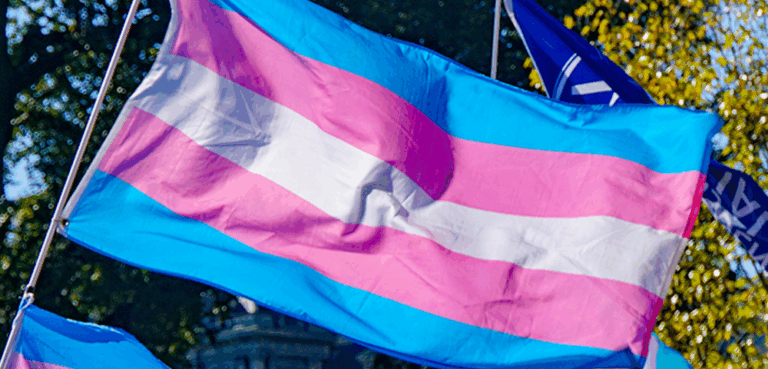
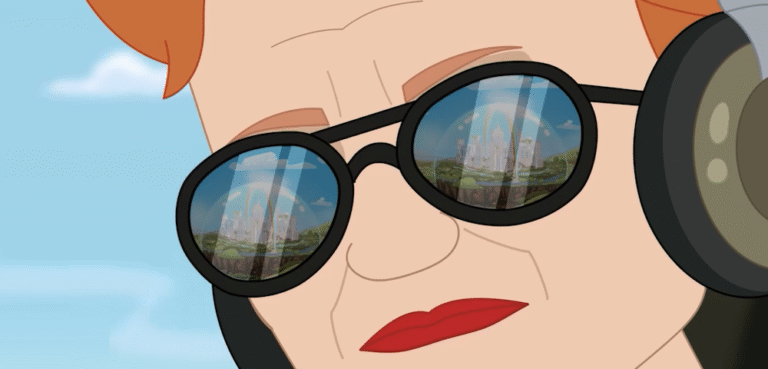

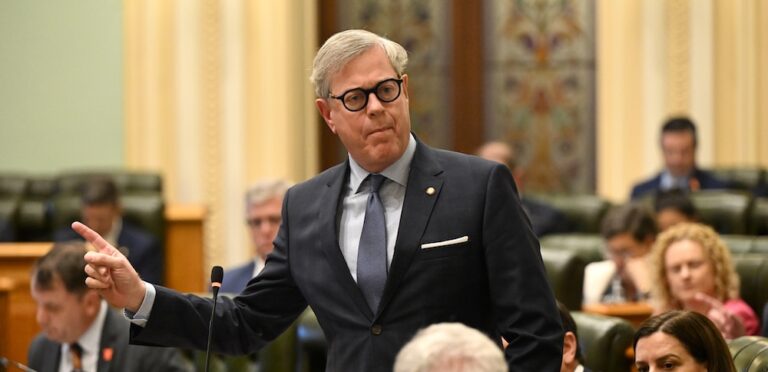
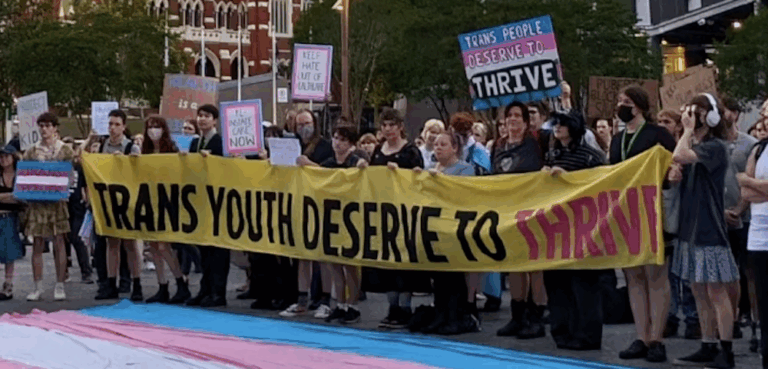


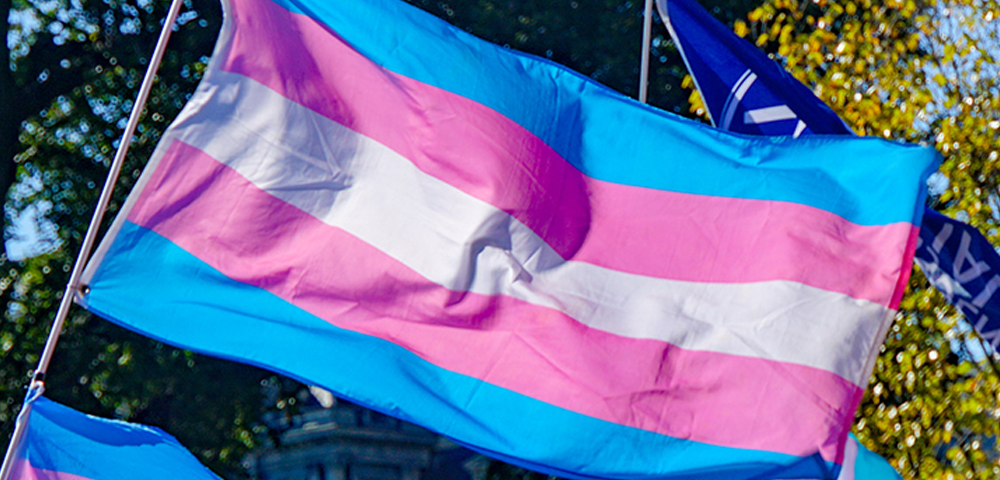
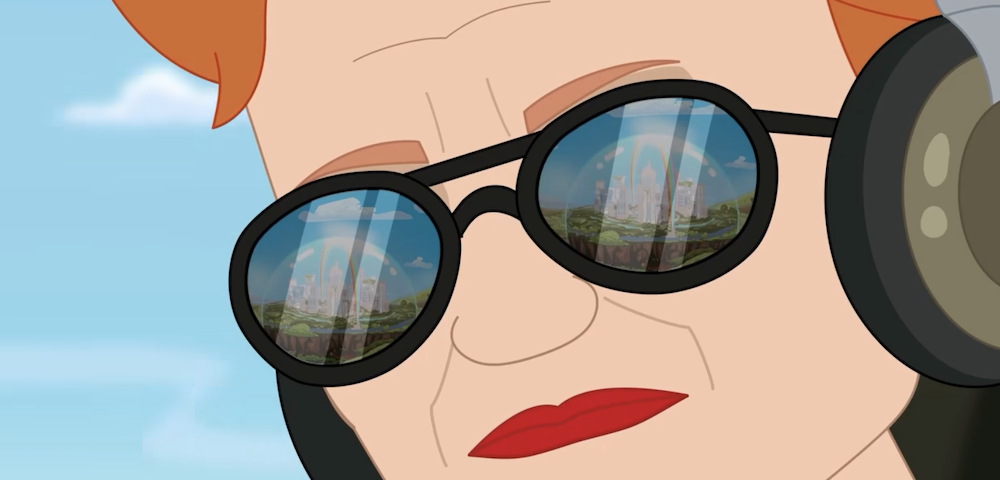


Just why do our politicians quite deliberately make it all so difficult? So involved?
Gay Conversion Therapy (GCT) is evil. In the USA, where typically thanks to religious rat-bag organisations like the Baptists and other Pentacostals it originated, there have been many reports of attempted and successful suicides directly as a result of GCT.
There should be no “ifs”, “buts”, “maybes”, exceptions. The Law should simply make it unequivocably clear, with no possibility of anyone being confused that GCT is Banned in Australia (mind you with the PM Australia has at the moment he, being a Pentacostal, will never ever move to ban this evil practice) and all States and Territories. Anyone, be they medical doctor, psychotherapist, psychiatrist, priest, pastor, bishop, teacher – trained or not – who tries to use or influence another to take part in GCT is committing a Criminal Act with a Legislated 25 years Prison Term with No Parole possible plus a $100,000 minimum Fine.
Unfortunately given the make up of the SA Parliament – even if the ALP wins the next State election, it is unlikely Nat Cook’s proposed legislation will ever see the light of day for there are far too many self-styled “Good Christian et al. Men and Women who control the show and they would never allow this sort of legislation which would limit what religious businesses can do.